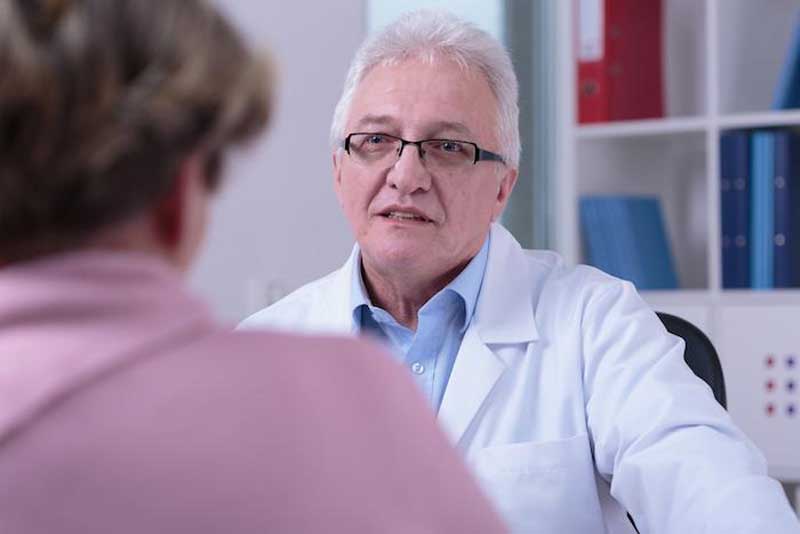Call Us
310-274-4401
Blog
Why Do I Still Get Acne and How Can I Get Rid of It?

You thought you were done with acne breakouts. Why are you still on the receiving end of this unsightly skin condition, and what can you do about it? If you have tried creams and special soaps to no avail, it is time to see the dermatologist.
Rapaport Dermatology of Beverly Hills uses state-of-the-art treatments to restore beautiful, clear skin.
Why Do I Still Get Acne?
There are several reasons you may experience acne breakouts as an adult.
Medication
Your board-certified dermatologist at Rapaport Dermatology reviews the medications you take. One of them could be the culprit. If so, you need to check with the doctor who prescribed that medication and ask if there is a substitute. If not, do not worry. Our board-certified dermatologists can get your acne under control.
Family History
Did a close relative have acne? If so, you may be genetically predisposed to it. Our genes play a powerful role in our bodies.
Changing Hormone Levels
If you are a woman, your female hormones fluctuate during the month if you are still getting periods. If you get acne breakouts around your periods, your hormones are likely to be at blame.
Did you recently start taking birth control pills or discontinue them in the past few months? These events can cause flare-ups because the hormone androgen stimulates your oil glands. On the other hand, some birth control pills help calm acne.
Additionally, if you are pregnant, in perimenopause or menopause, fluctuating hormones can play a role in acne formation.
Makeup
Makeup can promote acne breakouts, so you will need to read the ingredients in the makeup you choose. Creams can be heavy and hold in oil and other impurities, so try switching to powder foundations or look for an oil-free silicone matte foundation. In addition, look for non-comedogenic and non-acnegenic descriptions on the labels.
Trigger Foods
The jury is still out on whether foods make acne worse or cause breakouts, but recent research indicates that dairy products and foods with a high glycemic index (GI) and a high glycemic load (GL) could trigger acne. Processed snack foods tend to have higher GIs and GLs. Foods high in GIs include white breads, sweetened cereals, and white rice.
Effective Acne Treatments
Our dermatologists assess your skin condition and develop a personalized treatment plan. We may prescribe oral or topical medication or recommend a certain type of facial or chemical peel if you have a mild or moderate case of acne. A topical antibiotic kills bacteria on your skin; oral antibiotics destroy the bacteria in your pores.
A topical antibiotic together with a benzoyl peroxide gel may work for you. Benzoyl peroxide lessens the likelihood of developing antibiotic resistance. The point is that you will have a personalized plan.
If your acne is severe, our dermatologists may prescribe isotretinoin (brand name Accutane). The drug is a form of Vitamin A. Too much of it can cause problems, so do not take Vitamin A orally if you are on isotretinoin. You will probably need to take it for a few months to get the acne under control.
Laser therapy is another effective remedy for acne, especially when combined with other forms of treatment. You will see initial results at four weeks with optimal results at 12 weeks.
Call Rapaport Dermatology of Beverly Hills, located in Beverly Hills, California, today for effective acne treatment and all of your other dermatology needs. Our experts can help banish those acne blemishes.
